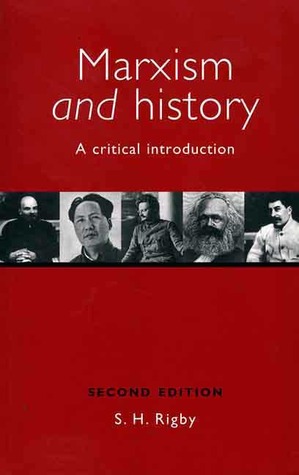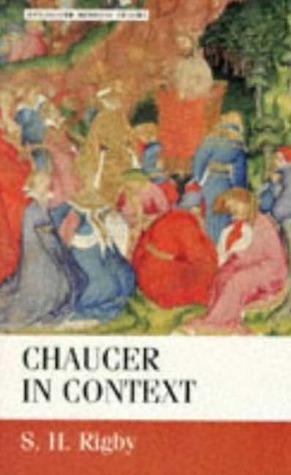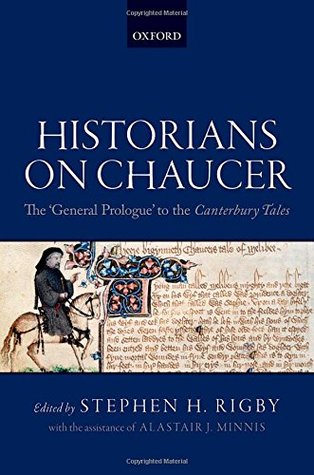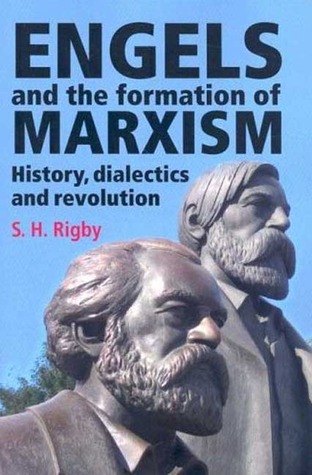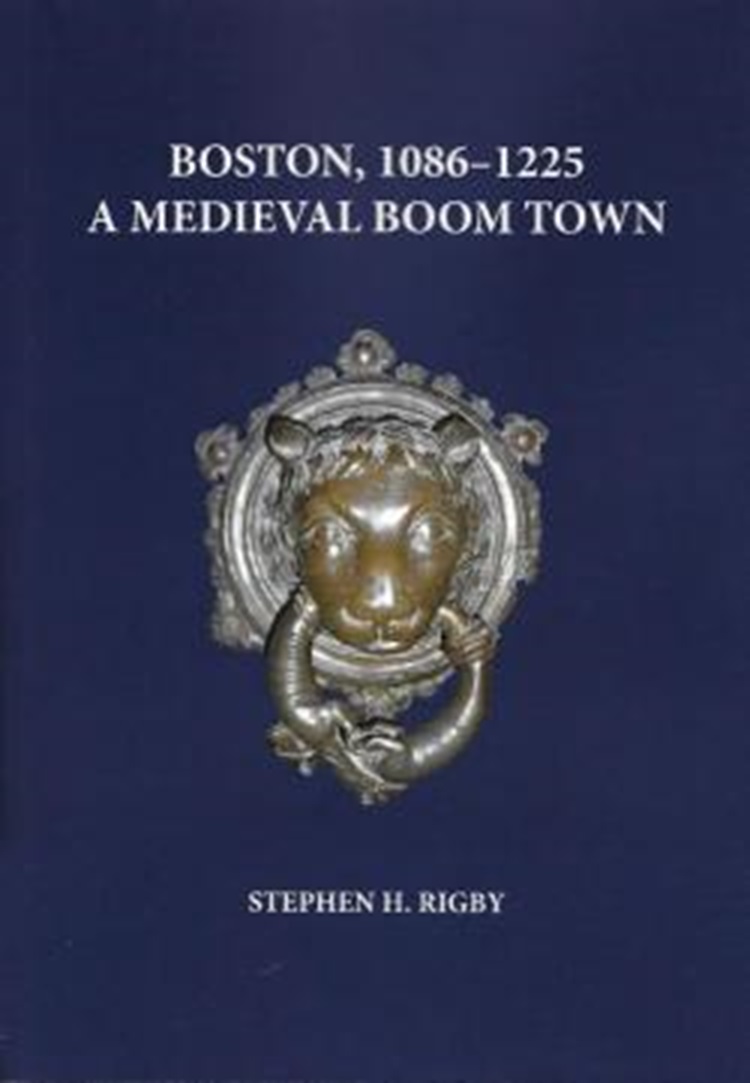
Emeritus Professor Stephen H. Rigby
"Although I retired from the University of Manchester in 2010, I have remained research active. I have four main areas of interest in my research, all of which relate to the undergraduate and postgraduate teaching which I did before retirement. In all of these areas, I have tried to show how traditional medievalist scholarship and empirical historical research can be enhanced by an engagement with a variety of theoretical approaches.
The first of these research topics is medieval English social and economic history, particularly in the period c.1086-1530. Much of my work, including my book on Medieval Grimsby, my edition of the Boston customs accounts, 1377-99 and my article on late-medieval urban population in Economic History Review (2010), has explored urban economic development in the period after the Black Death and I have also published on town government and urban social and political conflict. My English Society in the Later Middle Ages attempted to provide an overview of the period and of the variety of sociological and economic theories with which historians have made sense of it.
My second area of research and teaching is late medieval English literature in its historical context. My Chaucer in Context was a survey of critical attempts to establish the social meaning of medieval literature, an area I also explored in my article on medieval defences of women for Chaucer Review, my discussion of literature as social ideology in the Companion to Britain in the Later Middle Ages and my Wisdom and Chivalry which discusses Chaucer’s ‘Knight’s Tale’ in relation to medieval political theory.
My third area of research has been the philosophy of history and the relationship between history and social theory. In particular, I have been interested in assessing the strengths and weaknesses of historical materialism and of Marxist historiography, a subject that I explored in my Marxism and History, Engels and the Formation of Marxism, in my article on ‘Historical causation’ and in the paper on Marx and Engels’s views on medieval society published in the Journal of Medieval and Early Modern Studies. More recently I have offered an assessment of Foucauldian theory in my discussion of Cabrera’s attempt to codify a ‘postsocial’ historiography.
Finally, in more recent years, my work on medieval literature has led to an interest in medieval social and political theory. Here I have published on Giles of Rome’s defence of contemporary social hierarchies, on the social and political theory of Christine de Pizan and on the use of Aristotelian ethical and political theory by late medieval moralists.
I am currently editing a volume for Oxford University Press in which historians attempt to locate Chaucer’s pilgrims in the ‘General Prologue’ to the Canterbury Tales in their historical context and future projects include an article on the representation of peasants in medieval social ideology."
